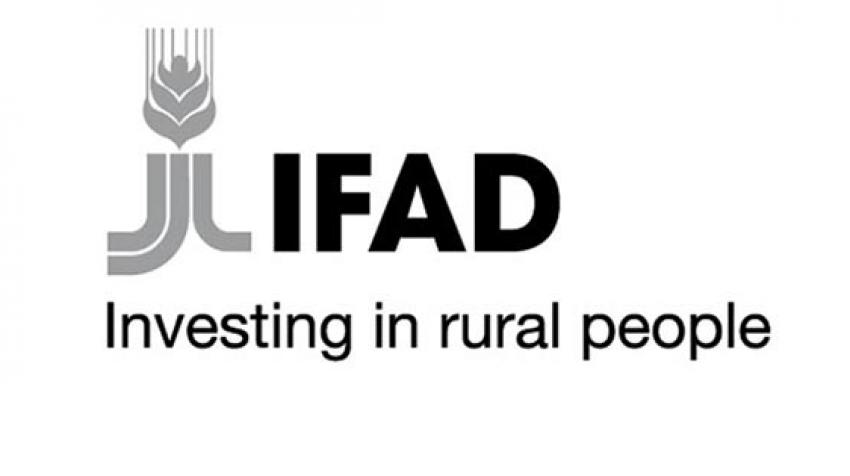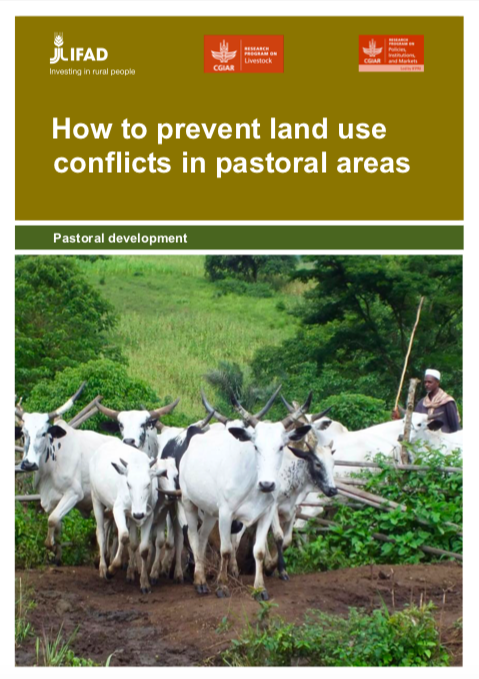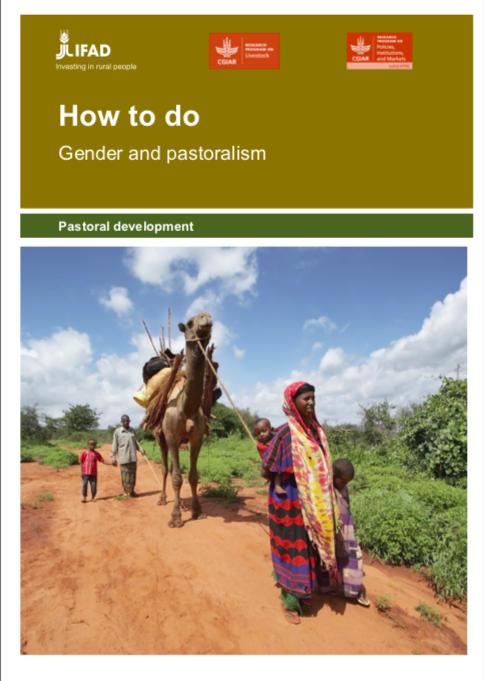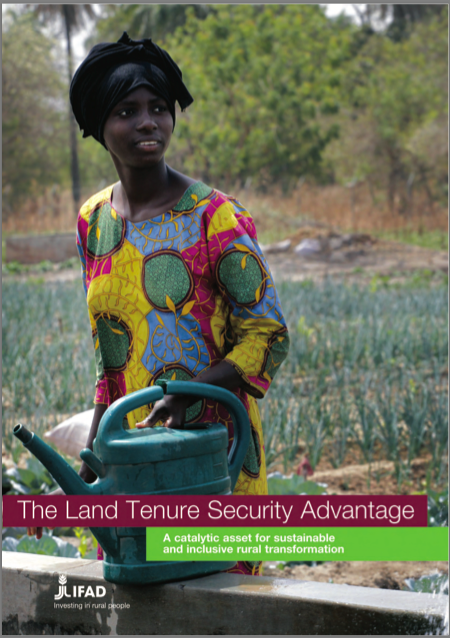Focal point
Location
The International Fund for Agricultural Development (IFAD), a specialized agency of the United Nations, was established as an international financial institution in 1977 as one of the major outcomes of the 1974 World Food Conference. The Conference was organized in response to the food crises of the early 1970s that primarily affected the Sahelian countries of Africa. The conference resolved that "an International Fund for Agricultural Development should be established immediately to finance agricultural development projects primarily for food production in the developing countries". One of the most important insights emerging from the conference was that the causes of food insecurity and famine were not so much failures in food production, but structural problems relating to poverty and to the fact that the majority of the developing world's poor populations were concentrated in rural areas.
IFAD's mission is to enable poor rural people to overcome poverty.
IFAD is dedicated to eradicating rural poverty in developing countries. Seventy-five per cent of the world's poorest people - 1.4 billion women, children and men - live in rural areas and depend on agriculture and related activities for their livelihoods.
Working with rural poor people, governments, donors, non-governmental organizations and many other partners, IFAD focuses on country-specific solutions, which can involve increasing rural poor peoples' access to financial services, markets, technology, land and other natural resources.
Resources
Displaying 16 - 20 of 102How to prevent land use conflicts in pastoral areas
This How-to-do Note focuses on how conflicts over land and natural resources in pastoral areas can be prevented or, if already present, transformed into positive outcomes. It identifies why land tenure is a complex issue within pastoralism, discusses the combination of factors that are contributing to more insecure pastoral tenure and triggering pastoral area conflicts, and introduces some of the frameworks, tools and approaches that can be used as part of project design to reduce the potential for conflict.
How to do note: Gender and pastoralism
This How-to-do Note (HTDN) on Gender and Pastoralism complements the IFAD Toolkit along with the 2018 HTDN on Pastoralism, which highlights the importance of gender in pastoral production systems.
The Land Tenure Security Advantage: A catalytic asset for sustainable and inclusive rural transformation
The Land Tenure Security Advantage presents an overview of IFAD’s engagement in securing land tenure for the rural poor, specifically through the lens of its mainstreaming priorities for inclusive and sustainable rural transformation: gender equality and women’s empowerment, youth employment, indigenous peoples, and climate change and the environment.
Youth access to land, migration and employment opportunities: evidence from sub-Saharan Africa
This paper examines the intersections between youth access to land, migration decisions and employment opportunities using nationally representative and multi-year data from multiple African countries. We document evidence on the evolving dynamics in land distribution and ownership patterns, the effect of land access on youth livelihood choices and development of rental and sales market in the region.
The rural youth situation in Latin America and the Caribbean
This article offers a general picture of the situation of rural youth in Latin America and the Caribbean(LAC). The population is described through its demographic dynamics, its socio-economiccharacteristics, the situation of priority groups (women and indigenous peoples) and subjects ofinterest for these particular population groups (use of IT, sexual and reproductive health, violence andsocial participation).








